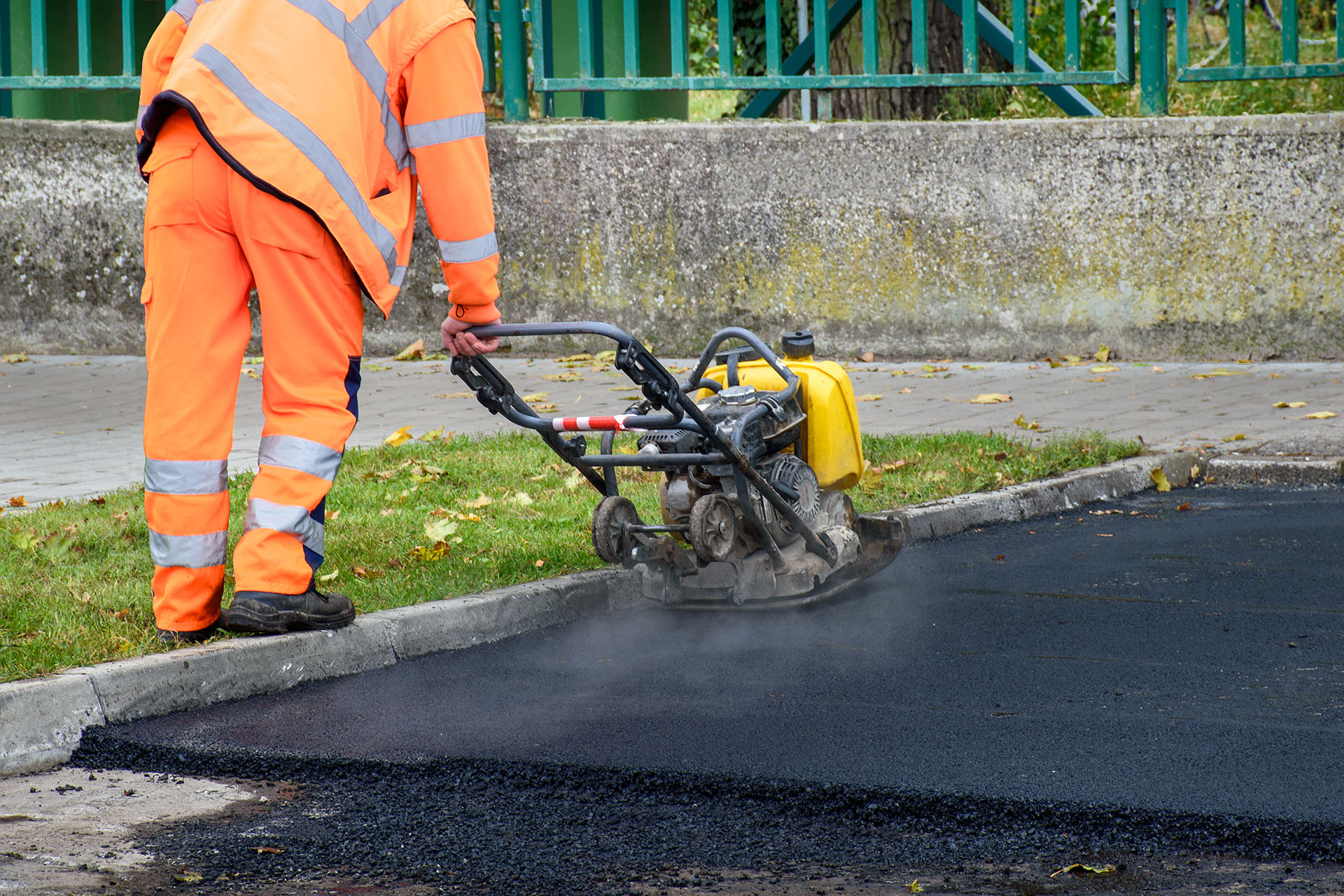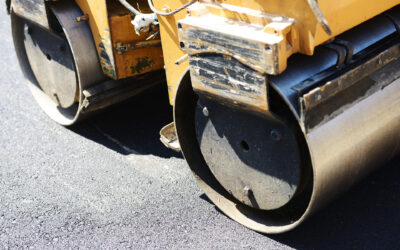Is 2 inches of asphalt enough for a driveway on Long Island?
Is 2 inches of asphalt enough for a driveway on Long Island? Discover the ideal asphalt paving thickness for durability and performance in your driveway.
When considering the construction of an asphalt driveway, one critical factor that demands attention is the thickness of asphalt. A common inquiry among homeowners and property developers alike is whether 2 inches of asphalt is sufficient for a driveway. Generally, the consensus among asphalt contractors and industry standards suggests that a minimum of 3 inches is preferable for a residential driveway. While 2 inches may appear adequate for light-duty applications, such as a gravel driveway converted to asphalt, it often lacks the necessary durability and resistance to wear and tear, especially when subjected to the weight of vehicles over time. This raises the question: is 2 inches enough for a driveway? The answer typically leans towards the negative, especially when considering the longevity and efficacy of the asphalt paving.
A standard asphalt driveway thickness is generally recommended to be between 3 inches and 4 inches for most residential applications. For commercial driveways and commercial parking lots, the requirements can be even more stringent, often necessitating 6 inches or more to accommodate heavier loads and increased traffic. The pavement must also be underpinned by a properly compacted subgrade and a sufficient layer of granular base aggregate, typically around 8 inches thick, to ensure stability and performance. If the asphalt thickness is insufficient, such as when using 2 inches of asphalt, it may result in premature cracking, rutting, and other forms of failure, ultimately leading to costly repairs or premature replacement.
Moreover, the binder used in the asphalt paving process plays a crucial role in the performance of the driveway paving. A wearing course that is too thin can compromise the integrity of the surface, particularly in adverse weather conditions. Thus, while it may be tempting to opt for a thinner layer of new asphalt for cost-saving reasons, the long-term implications often outweigh the initial investment. Consequently, for those who are serious about achieving a durable and reliable asphalt driveway, consulting with a reputable asphalt company and adhering to recommended thickness guidelines proves essential. In conclusion, while 2 inches of asphalt may be marginally functional, it is typically considered too thin for optimal performance in most driving scenarios.






0 Comments